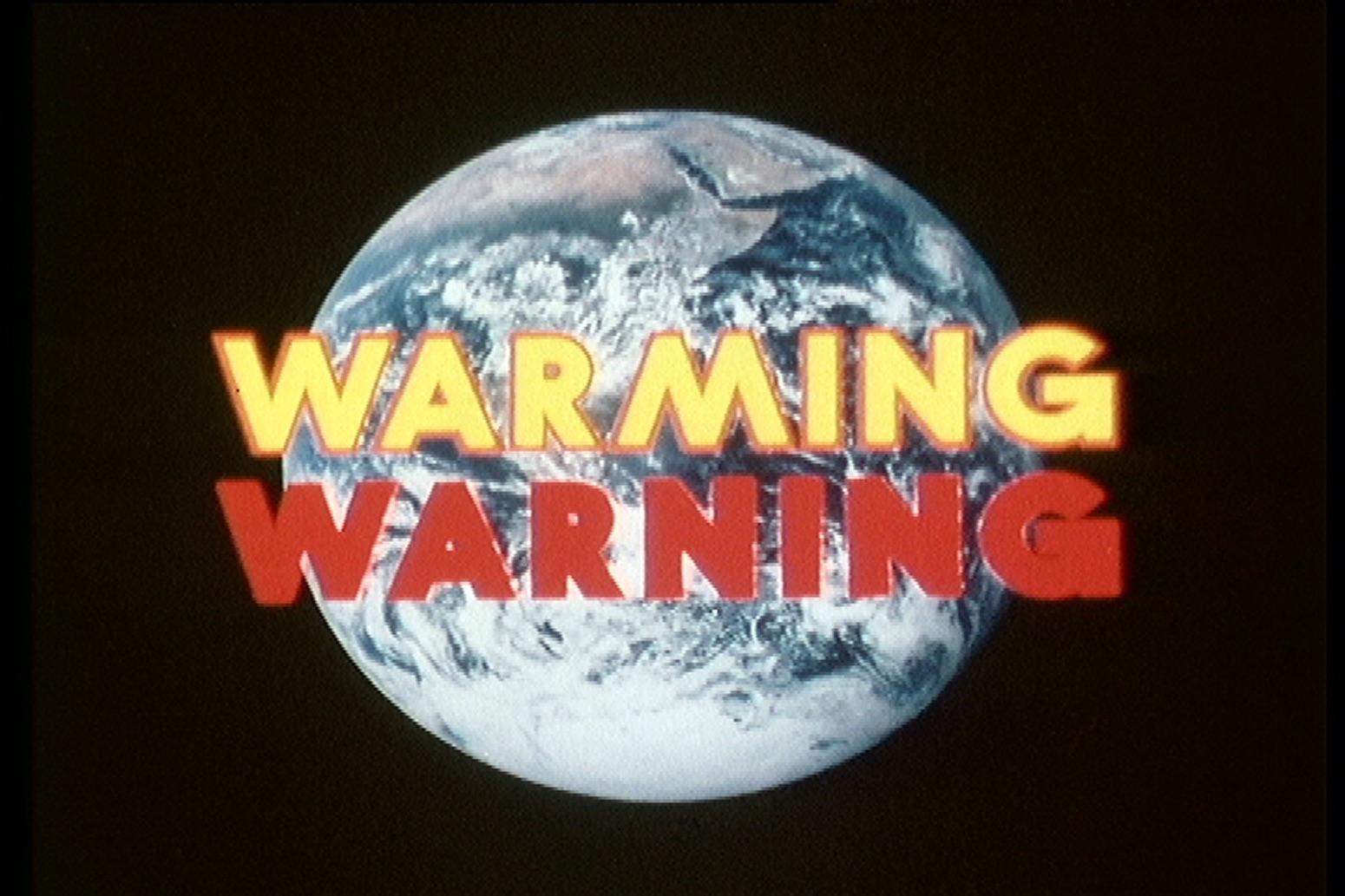Newly rediscovered TV documentary warned the world about global warming in 1981
Thames Television programme Warming Warning contained startlingly accurate predictions about climate change

Your support helps us to tell the story
From reproductive rights to climate change to Big Tech, The Independent is on the ground when the story is developing. Whether it's investigating the financials of Elon Musk's pro-Trump PAC or producing our latest documentary, 'The A Word', which shines a light on the American women fighting for reproductive rights, we know how important it is to parse out the facts from the messaging.
At such a critical moment in US history, we need reporters on the ground. Your donation allows us to keep sending journalists to speak to both sides of the story.
The Independent is trusted by Americans across the entire political spectrum. And unlike many other quality news outlets, we choose not to lock Americans out of our reporting and analysis with paywalls. We believe quality journalism should be available to everyone, paid for by those who can afford it.
Your support makes all the difference.A 36-year-old documentary which made clear climate change was becoming a serious problem — a quarter of a century before Al Gore’s landmark film An Inconvenient Truth — has been rediscovered.
Clips from the ITV programme, called Warming Warning, have now been made publicly available on YouTube by its current owner, Fremantle Media, following a request by the Carbon Brief website.
Broadcast on 8 December, 1981 — after an episode of Brideshead Revisited and before a discussion of Lord Soper’s favourite hymns — the documentary contained expert predictions that the average global temperature could rise by two to three degrees Celsius as a result of the doubling of atmospheric carbon dioxide.
Today climate scientists predict this could produce anything from 1.5C to 5C of warming, with 2C to 3C the most likely outcome.
The narrator also warned prophetically that efforts to reduce greenhouse gas emissions could face opposition because of the “vested interests that many of the world’s great corporations have in fossil fuels and the power they could wield”.
One overly optimistic forecast in the programme was the expectation that the global greening effect — in which plants grow faster because of the extra carbon dioxide — would help grow crops in areas prone to famine.
The developing world is now expected to suffer more adverse effects than the developed world as a result of climate change.
For example, Oxfam recently warned 11 million people in East Africa were “dangerously hungry” because of a drought made worse by the rising temperatures.
But, on the whole, the programme’s summary of the situation was remarkably accurate and shows just how much was known nearly four decades ago.
“Man has demonstrated he has the capacity to change one of the great natural systems of the world,” said the narrator, Tom Vernon.
“The sheer weight of our presence is altering the planet. Our industry has now become part of the climate; a new intruder disturbing an old system.
“Most of the small group of scientists who really understand the interactions of the climate have now warned us in measured language of the prospects that we face.”
One of those scientists was Dr William Kellogg, of the US National Centre for Atmospheric Research, who co-wrote the book Climate Change and Society: Consequences of Increasing Atmospheric Carbon Dioxide, published in 1981.
He told the programme: “By the middle of next century, when we might have twice as much carbon dioxide than in 1900, it may rise by an average of 2 to 3C, but in the polar regions 5 or 10C, which becomes a very large change and would change the whole character of the polar regions.”
This idea that the poles would warm more quickly has, again, been shown to be true with the Arctic seeing extraordinary rises.
For example, in Spitsbergen the average winter temperature is now up to 11C higher than the average between 1961 and 1990.
The potential warming effect of carbon dioxide and other greenhouse gases has been known to scientists since the 1800s.
On the programme, another scientist, Dr Lester Machta, of the US National Oceanic and Atmospheric Administration (NOAA), explained why this had not been thought to be a problem.
“Up until the 1960s, the prevailing scientific view was that the oceans could soak up all of the carbon dioxide that might come from the combustion of fossil fuels,” he said.
But, after observatories at Mauna Loa in Hawaii and in the South Pole were set up to monitor the atmosphere in the late 1950s, it was discovered that this process was not keeping pace with the rate of emissions.
And Dr Machta said: “We believe now that there is some suggestive evidence now that the atmosphere is indeed warming due to the greenhouse effect."
Another scientist pointed to a 0.3C rise in the global average temperature, saying this was "consistent" with the increase in carbon dioxide.
Last year, the third in a row to be the warmest on record, the average global temperature was 1.1C higher than in pre-industrial times.
Back in 1981, Dr George Woodwell, later credited with helping the world finally wake up to the problem, stressed that what the experts were telling the programme was already widely accepted.
“There is a reasonable consensus among meteorologists that the warming will continue and will be significant and measurable, easily measurable, roughly by the end of this century," he said.
Join our commenting forum
Join thought-provoking conversations, follow other Independent readers and see their replies
Comments